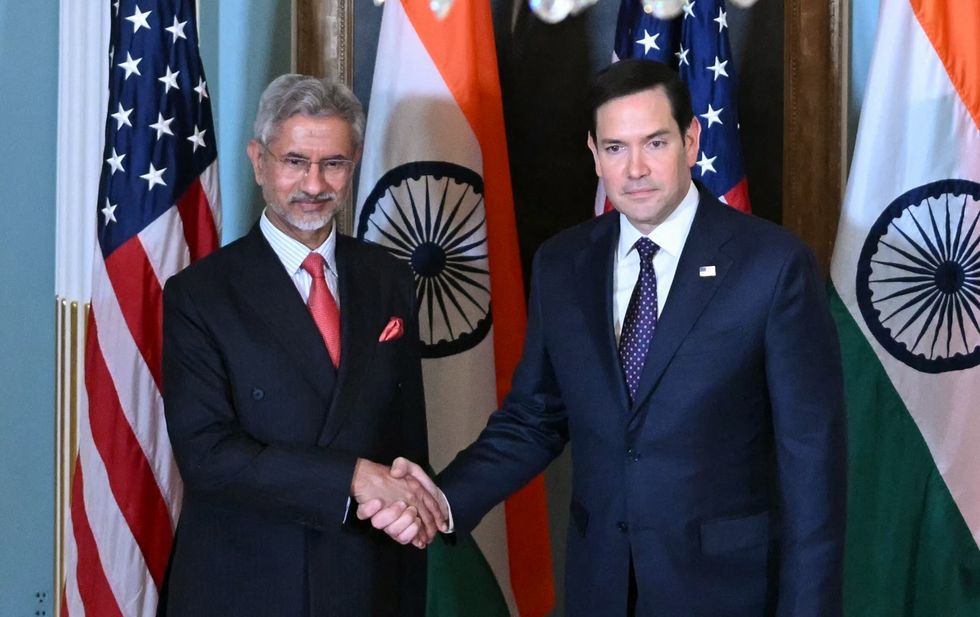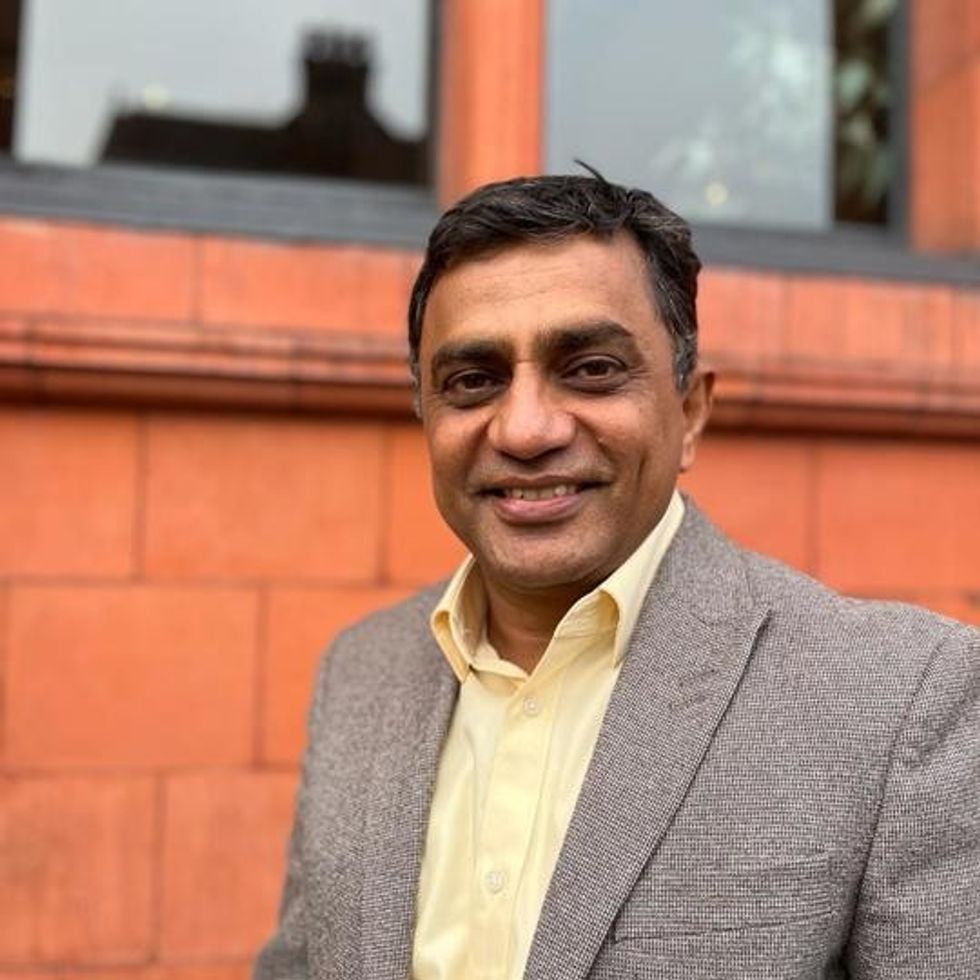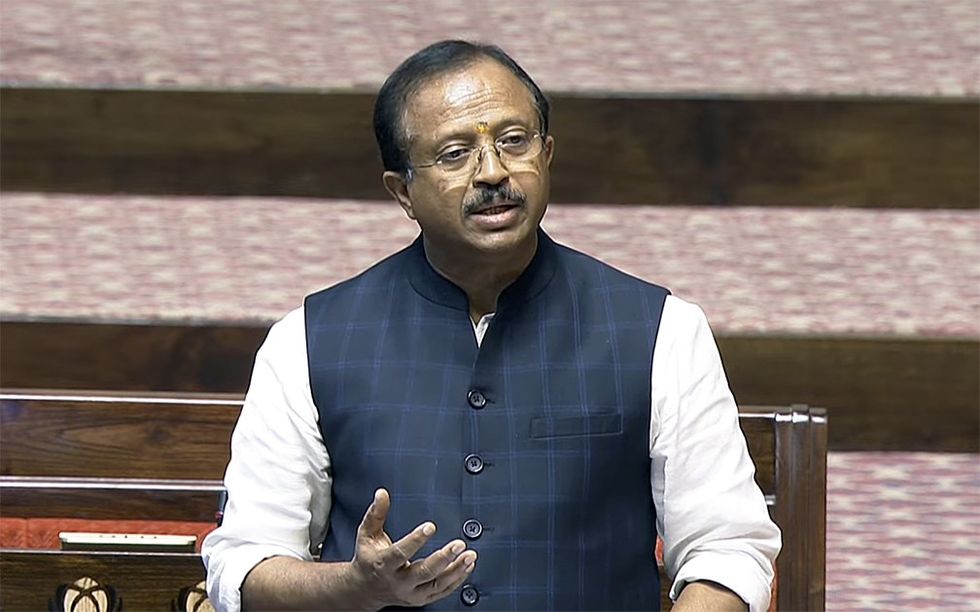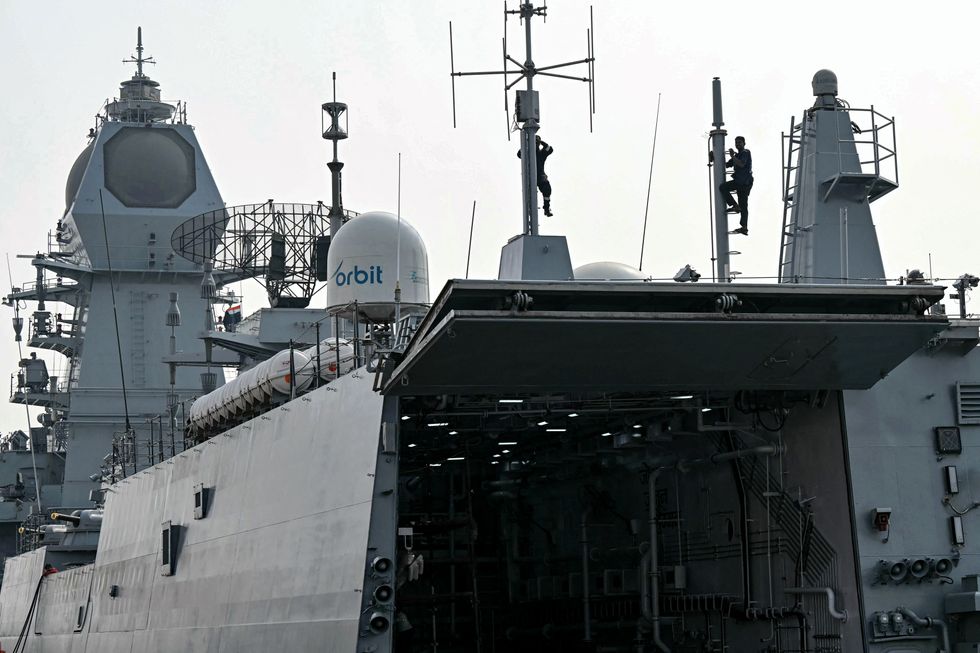FEAR of globalisation is the most important factor in pushing European citizens towards populist right-wing parties and those fears are most acute in Austria and France, a survey by Germany’s Bertelsmann Foundation showed on Wednesday.
The study showed that 55 per cent of Austrians and 54 per cent of French view globalisation as a threat, the only countries surveyed in which a majority of respondents voiced that opinion.
The results of the survey of 14,936 EU citizens could deepen concerns among mainstream parties in these countries ahead of a presidential run-off vote in Austria on Sunday and a French presidential election next year in which far-right National Front leader Marine Le Pen is expected to do well.
By contrast, 36 per cent of British citizens said they feared globalisation, the sometimes disruptive process by which people, companies and countries around the world have become more interconnected through trade, investment and advances in technology.
The 36 per cent rate was the lowest among the nine major European countries polled. Despite Britain’s vote in June to leave the European Union, the survey also showed that Britons were the least worried about their economic situation, with just 26 per cent expressing such disquiet.
The survey, conducted in August, comes amid growing concerns among traditional parties about a surge in right-wing populism, fuelled by the Brexit vote and the election of Donald Trump earlier this month as president of the United States.
On December 4, Austrian voters could make Freedom Party candidate Norbert Hofer the first far-right head of state in western Europe since World War Two. On the same day, a referendum in Italy that could lead to the resignation of Prime Minister Matteo Renzi and bolster the anti-euro 5-Star Movement.
In addition to France, the Netherlands and Germany will also hold elections next year.
The survey found that fears of globalisation were a greater determinant of support for fringe parties than other factors such as traditional values and economic anxiety.
“Europe has particularly benefited from globalisation. Yet many people feel they have been left behind,” said Aart De Geus, chairman of the Bertelsmann Foundation. “The established parties need to incorporate this fear of globalisation into their work.”
Across the 28-nation EU, 45 per cent of respondents said they viewed globalisation as a threat, compared to 55 per cent who view it as an opportunity.
But 78 per cent of supporters of the Alternative for Germany (AfD) party and 76 per cent of French National Front (FN) backers say they fear globalisation.
France was the only country where a majority of respondents, or 51 per cent, said they felt anxiety about their economic situation. Just behind it was Italy, where 45 per cent expressed such worries.

















 US secretary of state Marco Rubio with India’s foreign minister Subrahmanyam Jaishankar in Washington DC last Tuesday (21)
US secretary of state Marco Rubio with India’s foreign minister Subrahmanyam Jaishankar in Washington DC last Tuesday (21) Anit Mukherjee
Anit Mukherjee V Muraleedharan
V Muraleedharan Dr Sasikumar S Sundaram
Dr Sasikumar S Sundaram


 Workers clean communication equipment aboard INS Surat on January 11
Workers clean communication equipment aboard INS Surat on January 11